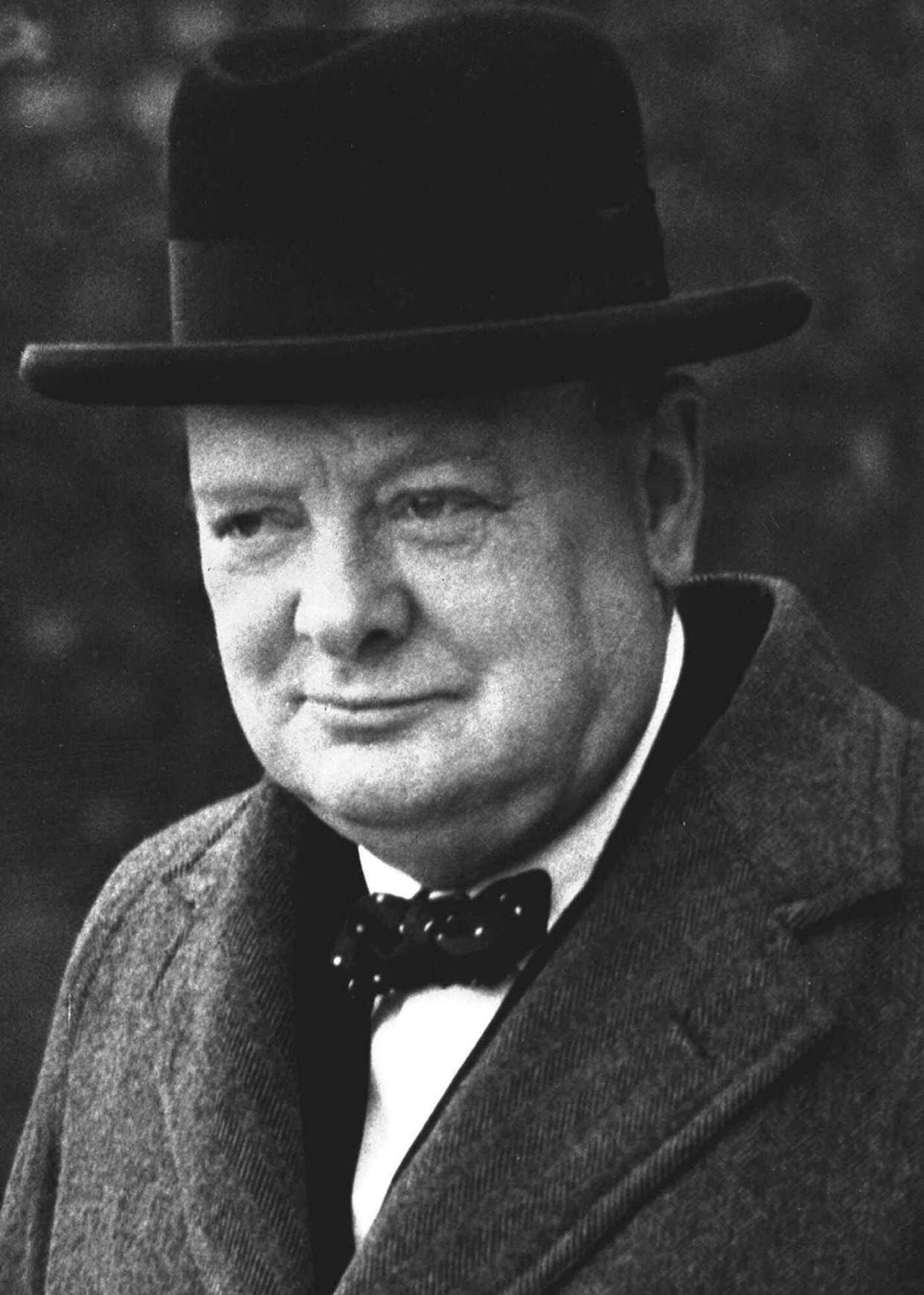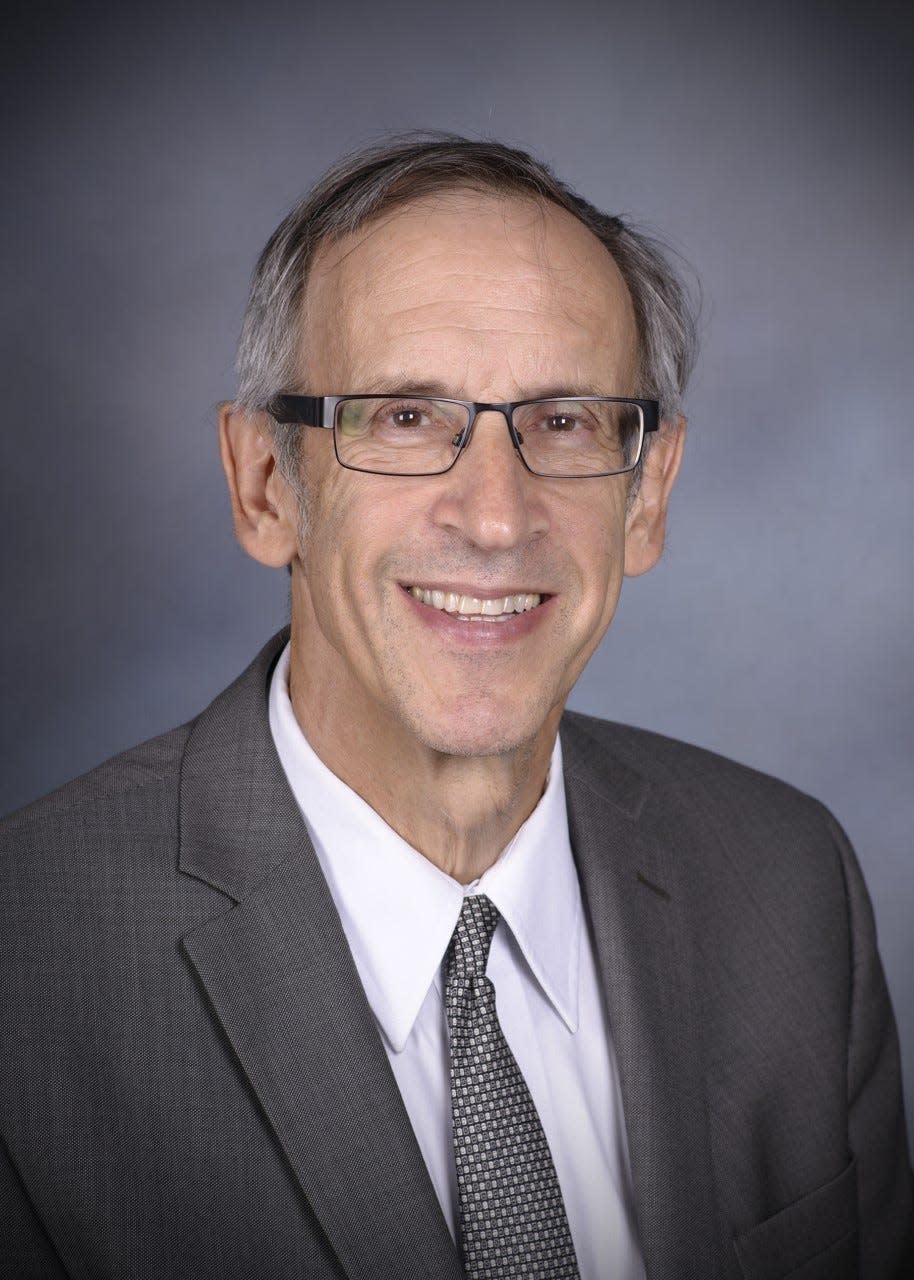Is living long genetic? Here are 4 things to know about extending your life expectancy

Genetic makeup can have a lot to say about how long we live, and former British Prime Minister Winston Churchill is a prime example.
Churchill was obviously blessed with great genes because he broke every rule for healthy living throughout his life. His diet was lousy, starting with a huge breakfast of sausage, bacon, eggs, and toast, plus any leftover meat from the night before. Lunch and dinner were no better, plus he smoked eight to 10 cigars throughout the day and consumed a half dozen whisky-mixed drinks and three brandies each day. He was also obese and never exercised.
All things considered, Churchill's lifestyle should have done him in at an early age, but he lived to an astonishing 91, surviving several strokes. On the flip side, it's common for folks to die prematurely, especially in the U.S. According to the National Center for Health Statistics, life expectancy for women is 79.1 years and for men 73.2, and both are tending down in recent years.
So, how much life should we expect from our genes? That's a difficult question to answer because it's very individualized. However, on the extremes, your genes can either help, like Churchill, or harm you. But for the vast majority of us, our genetic profile is somewhere in between, which means lifestyle takes center stage and there is much we can do to either prolong or reduce life. Not only that but lifestyle can determine whether we live productively in old age, or become feeble and barely hang on.
You may like:Am I too old to lift weights? Here are 4 things to know about resistance training
What are the 'four factors that impact how you age?'
A recently published book, "Unaging: The four factors that impact how you age" by Dr. Robert P. Friedland, makes a powerful case in favor of using your lifestyle to produce the best results. Friedland is an endowed professor of Neurology and Neurobiology at the University of Louisville School of Medicine. Previously he worked at UC Berkeley, the U.S. National Institutes on Aging, and Case Western Reserve. He is a prolific researcher and has conducted groundbreaking research on Alzheimer’s disease, Parkinson’s disease, and amyotrophic lateral sclerosis (also known as Lou Gehrig’s disease which destroys the motor nerves).
I love the following quote from his book: "Aging is not inevitable; it is an opportunity."

He makes the point that our latter years should be our best, free from work and worries, with time to do as we wish. Unfortunately, the latter years too often are far from our best as our bodies betray us, particularly here in the U.S. When we hit retirement age, multiple chronic conditions are common, such as high blood pressure, high cholesterol, arthritis, heart disease, diabetes, kidney disease, etc. When we hit the mid-70s, physical capacity plummets and nearly half of us need personal assistance with physical functions. And if we are lucky and get to 85, an ever-increasing number of us need assistance in everyday living.
Bleak? You bet!
Does it have to be this way? For some, a bad set of genes may make a sour outcome to life inevitable, but again, for the vast majority of us, how we do in our latter years is up to us. In other words, we dictate the terms by how we live, especially early in life, and this is the theme of Friedland's book.
You may like:Weight training do's and don't's: How long should you rest between sets to build muscle?
Why is it important to challenge your brain as you age?

What advice does Friedland offer? In a nutshell, he advocates stockpiling reserves early in life that will serve you well later on. The analogy is saving for retirement. Those who save early in life are in good shape because they have stockpiled sufficient funds to guarantee a comfortable future. Another example is stockpiling calcium in bones when young so that when you withdraw calcium later in life you don't experience osteoporosis (weak and fragile bones).
But what if you missed the boat and you are already up in age? Is it too late? Friedland believes it is possible to add helpful reserves at any age.
In his book, Friedland suggests stockpiling reserves in four major areas: cognitive (the brain), physical (the physical health of the body), psychological (a healthy mental state), and social (personal relationships). Friedland's research has focused largely on the brain, and he makes the point that the brain controls everything in the body and will support the other reserve areas. Therefore, a healthy brain should be a priority.
Challenge your brain because if you don't, just like your biceps muscle, it will deteriorate. Learning new things is a great way to challenge the brain and keep it on its toes. Learn a new language or how to play a musical instrument. Write your memoir, play challenging games like chess, and read good books. Whatever you do, reduce TV time. It's a passive activity that numbs the brain and contributes to decline.
You may like:Walking vs jogging: which is better for your health? Here are 3 things to know
Why is it important to exercise as we age?
Friedland and I are on the same page when it comes to the value of exercise. He advocates dedicating 30 minutes daily to walking, tennis, dancing, etc. as a priority without fail. Let me add that exercise challenges the brain in many ways, and maybe the best thing you can do to help keep it sharp.
Should my diet change to help extend my life as I age?

A healthy diet also is critical, especially when it comes to the microbiota (microorganisms that live in the body). Friedland has done extensive research in this area and asserts that: "By making the best choices in your food, you can alter the genetic makeup of your microbiota and improve your health in as little as two weeks." He recommends a mostly plant-based diet, high in fiber and low in sugar, salt and saturated fat.
The psychological reserve influences a healthy mental state. Adopt a positive mental attitude, be engaged in things that are meaningful to you, and manage stress (meditation is effective). Also, make getting a good night's sleep a priority. And the social reserve emphasizes personal relationships of all types between spouses, friends, and colleagues.
Invest and be rewarded.
Reach Bryant Stamford, a professor of kinesiology and integrative physiology at Hanover College, at stamford@hanover.edu.
This article originally appeared on Louisville Courier Journal: Is living long genetic? How to extend your life expectancy
